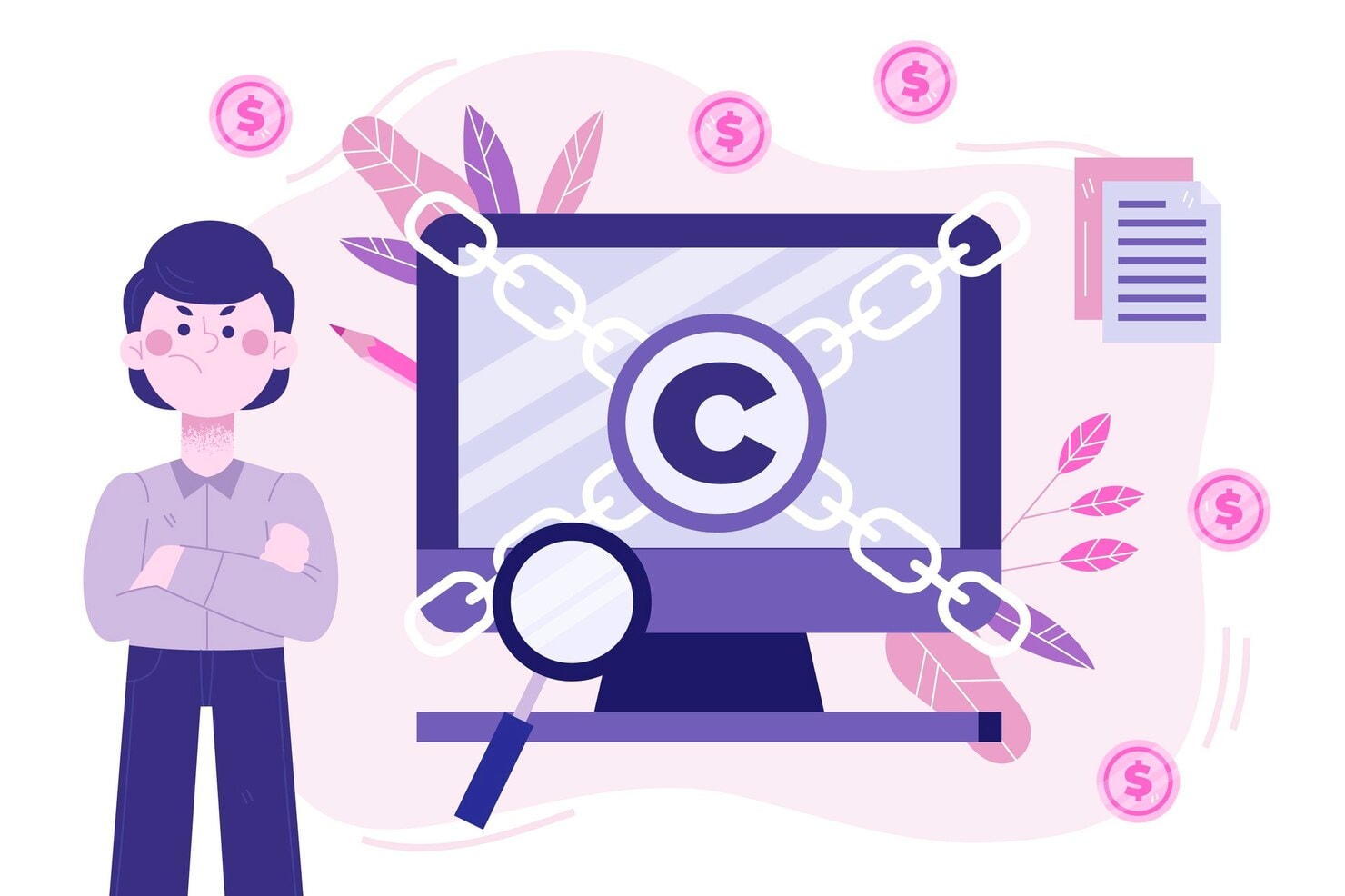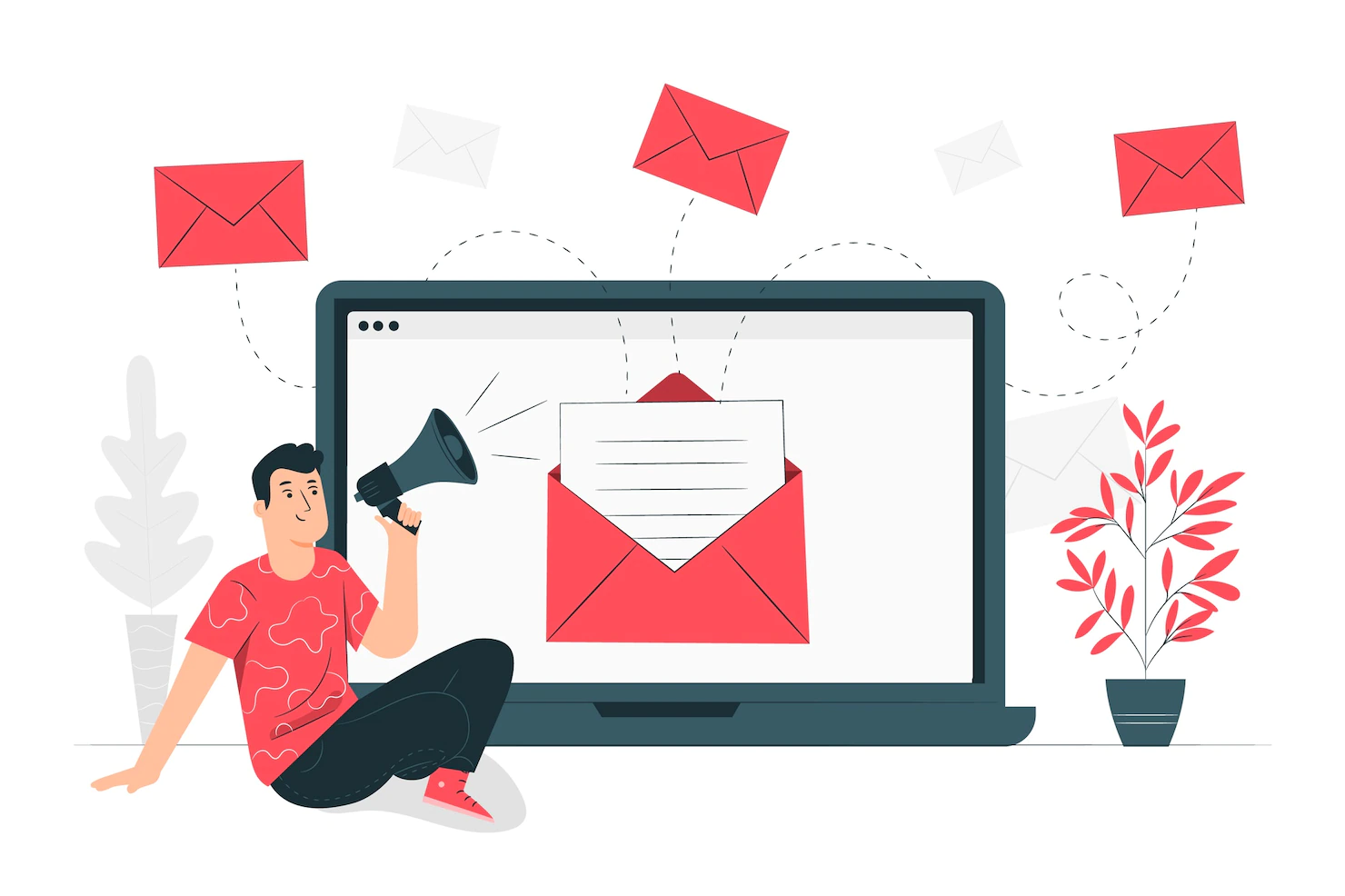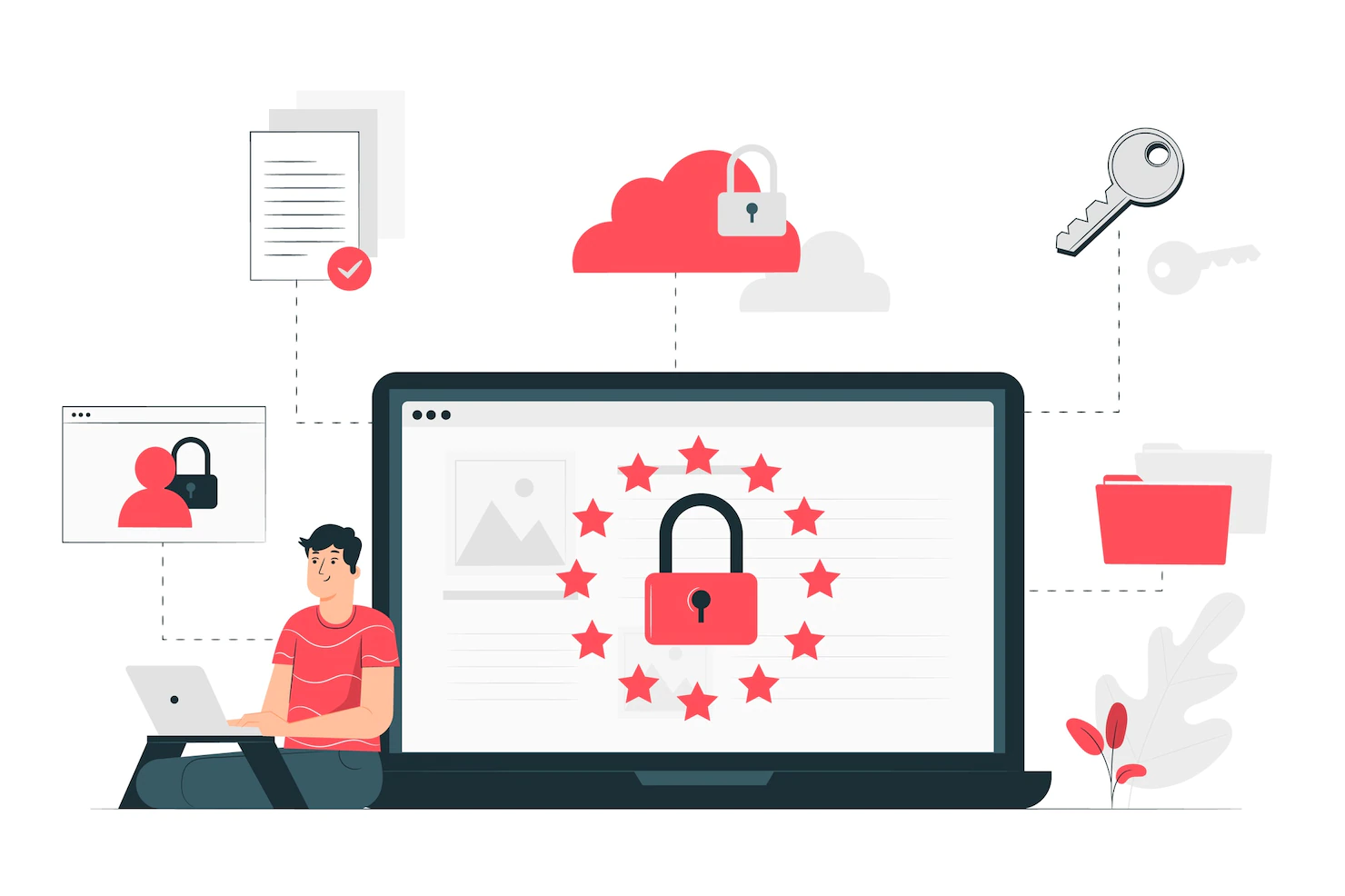In this article, we have featured How to Comply with GDPR in Your Email Messaging. The General Data Protection Regulation (GDPR) is a set of regulations that member states of the European Union must implement in order to protect the privacy of digital data. The regulation is also meant to ensure that businesses handling this data are transparent about their practices.
As of May 25, 2018, all businesses that collect, process, or store the personal data of EU citizens must be in compliance with GDPR. This includes email marketers.
How to Comply with GDPR in Your Email Messaging
1. Get explicit consent from subscribers before adding them to your email list.
This means that you need to have a checkbox on your sign-up form that subscribers must check in order to opt-in to your emails. The text next to the checkbox should be clear and concise, informing subscribers what they’re signing up for. For example, it could say something like, “I would like to receive weekly newsletters with the latest news and updates.”
2. Keep records of subscriber consent.
Whenever someone opts into your email list, you should keep a record of when they subscribed and what method they used to subscribe (e.g., sign-up form on the website, sign-up form at an event, etc.). This will come in handy if you ever need to prove that someone did in fact give you their consent.
3. Allow subscribers to easily unsubscribe from your emails.
Every email you send should include an unsubscribe link at the bottom so that people can opt out of your emails if they no longer want to receive them. It’s also a good idea to make the unsubscribe process as streamlined as possible so that people don’t get frustrated and give up halfway through.
4. Keep your privacy policy up-to-date and easily accessible.
Your privacy policy should explain how you use subscriber data and what rights subscribers have under GDPR. It should also be easy for people to find; for example, you could include a link to it in your email footer or on your website’s homepage.
How Does GDPR Affect Email Messaging?
The GDPR will have a significant impact on email marketing because obtaining consent from individuals is required before sending them marketing emails.
In addition, companies must provide individuals with clear and concise information about their rights under the GDPR, and ensure that individuals can easily exercise their rights.
Under the GDPR, there are two types of consent: express consent and implied consent. Express consent is when an individual explicitly agrees to receive marketing emails from a company.
For example, an individual might tick a box on a website form that says “I would like to receive marketing emails from XYZ Company.” Implied consent is when an individual’s actions indicate that they are happy to receive marketing emails from a company. For example, an individual might purchase a product from a company and in doing so, they are deemed to have implied consent to receive marketing emails from that company.
It should be noted that companies cannot rely on implied consent if they have not obtained the express consent from an individual first.
In other words, companies cannot send marketing emails to individuals who have not explicitly agreed to receive them. This is why it is important for companies to obtain express consent from individuals before sending them marketing emails.
What is personal data?
Personal data is any information that can be used to identify an individual. This includes information such as a name, email address, phone number, physical address, IP address, and so on.
Under GDPR, companies must get explicit consent from individuals before collecting, using, or sharing their personal data. Companies must also provide individuals with clear and concise information about their rights under GDPR, and ensure that individuals can easily exercise their rights.
GDPR also requires companies to take steps to protect the personal data they collect and process from unauthorized access, disclosure, or destruction. Companies must also notify individuals if their personal data has been subject to a data breach.
What are the consequences of non-compliance?

Companies that violate GDPR can be fined up to 4% of their annual global revenue or €20 million (whichever is greater). Additionally, companies may be required to take steps to remedy any damage caused by their violation of GDPR.
For example, if a company unlawfully sells the personal data of an individual without their consent, the company may be required to delete that individual’s personal data from its database.
Also, Read:
- 8 Best Email List Cleaning Services
- 5 Best Email Marketing Service Providers
- 5 Best Email Automation Software: The Ultimate Guide
- 7 Best Email Verification Services: Guaranteed Accuracy
Conclusion: How to Comply with GDPR in Your Email Messaging
The General Data Protection Regulation (GDPR) is a set of regulations that member states of the European Union must implement in order to protect the privacy of digital data.
As of May 25, 2018, all businesses that collect, process, or store the personal data of EU citizens must be in compliance with GDPR—including email marketers.
In order to comply with GDPR, email marketers must get explicit consent from subscribers before adding them to their list, keep records of subscriber consent, allow subscribers to easily unsubscribe from their emails, and keep their privacy policy up-to-date and easily accessible. Following these steps will help you stay compliant with GDPR and avoid any penalties.






